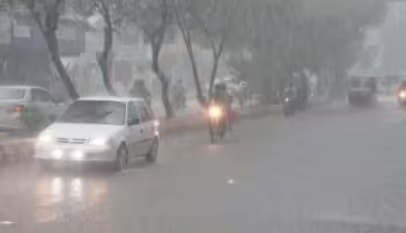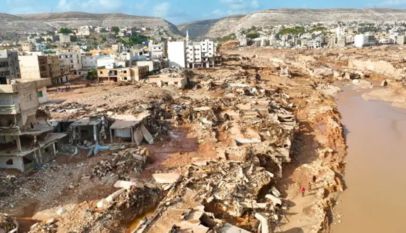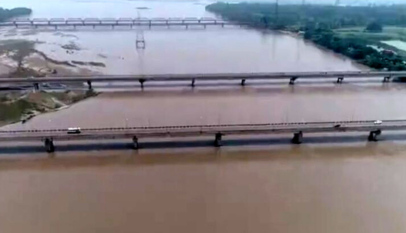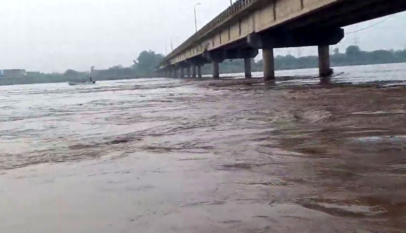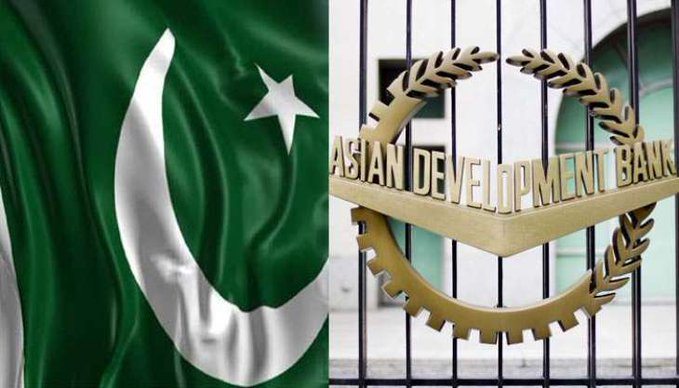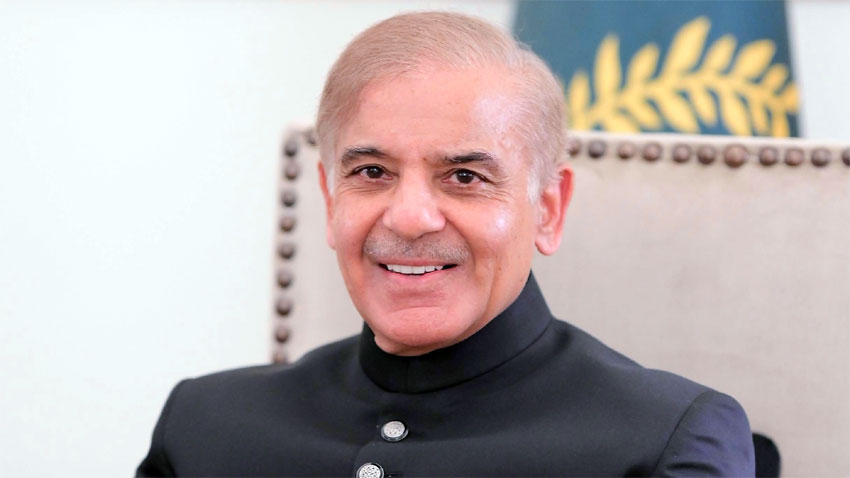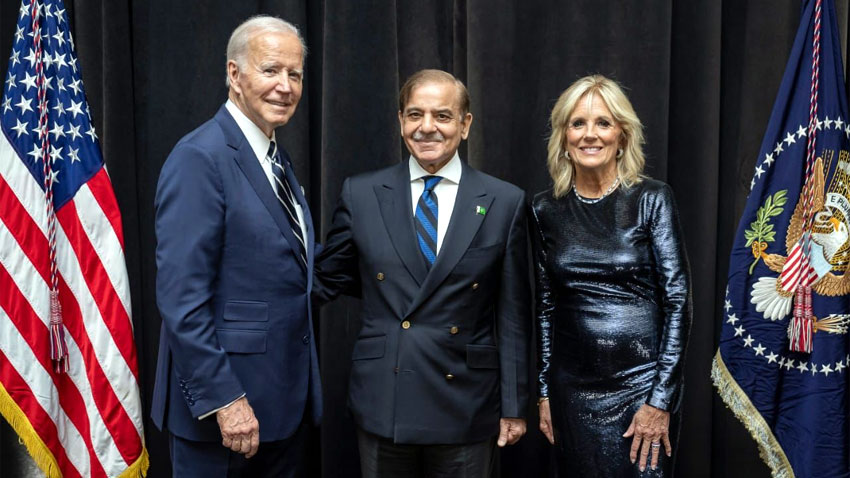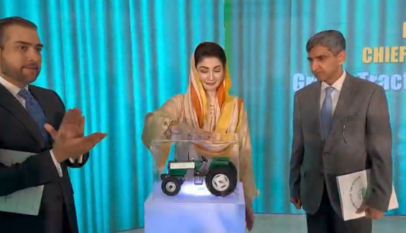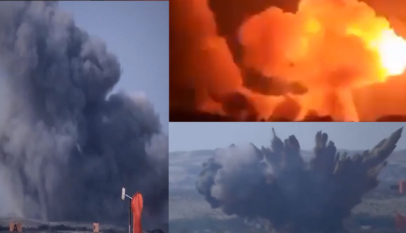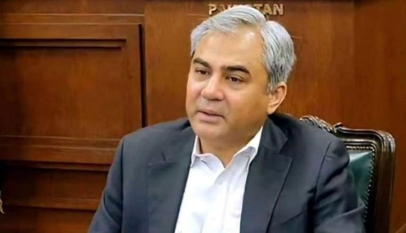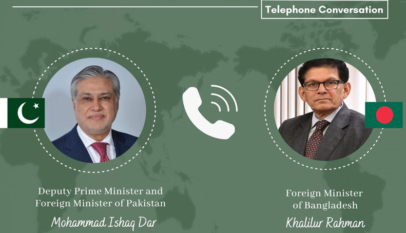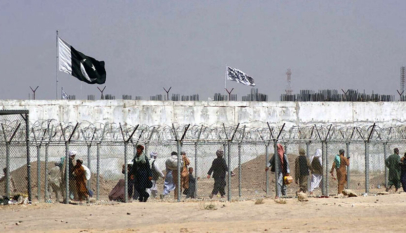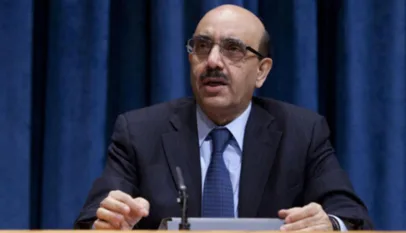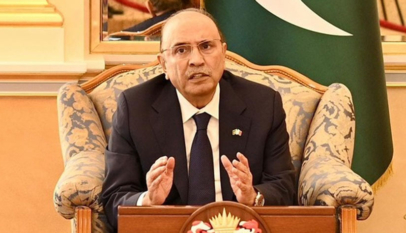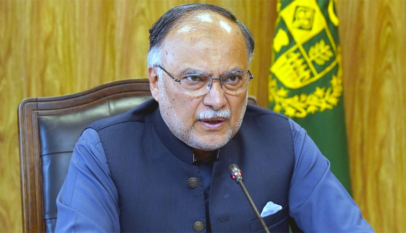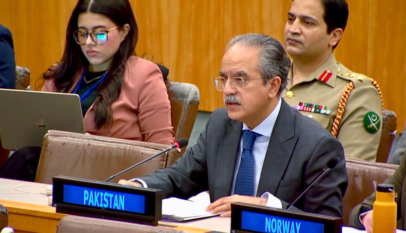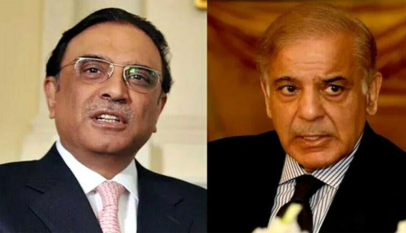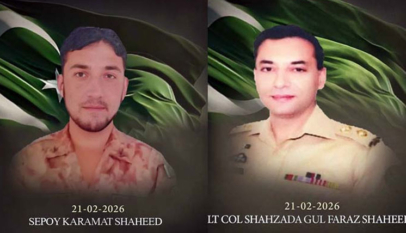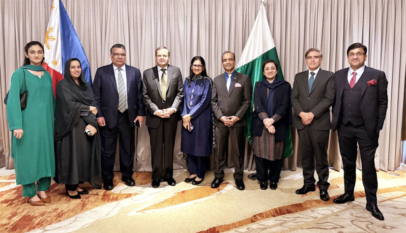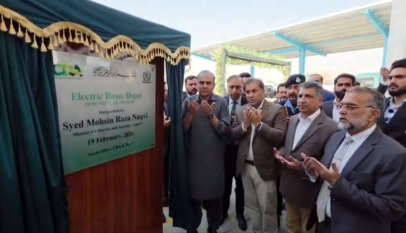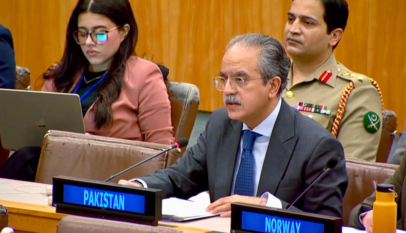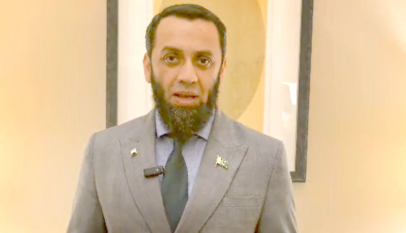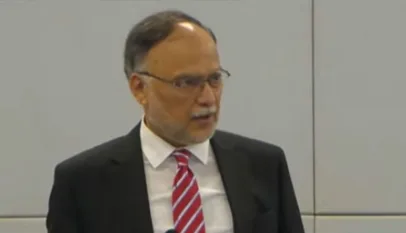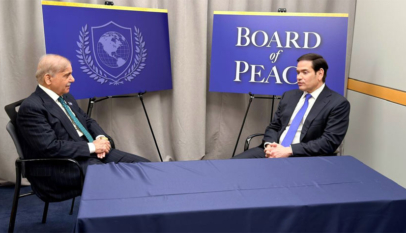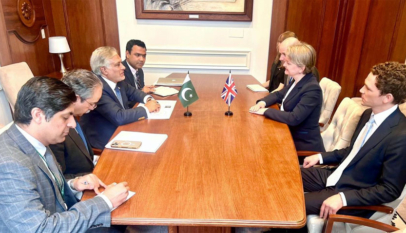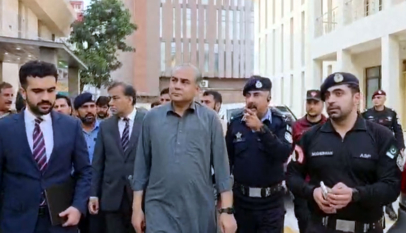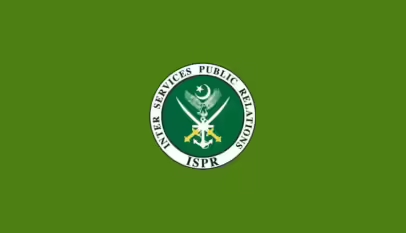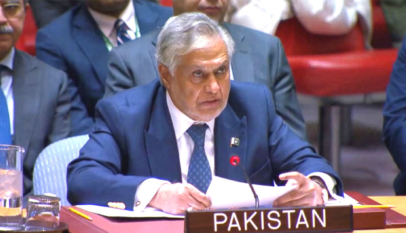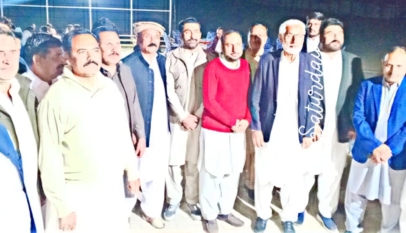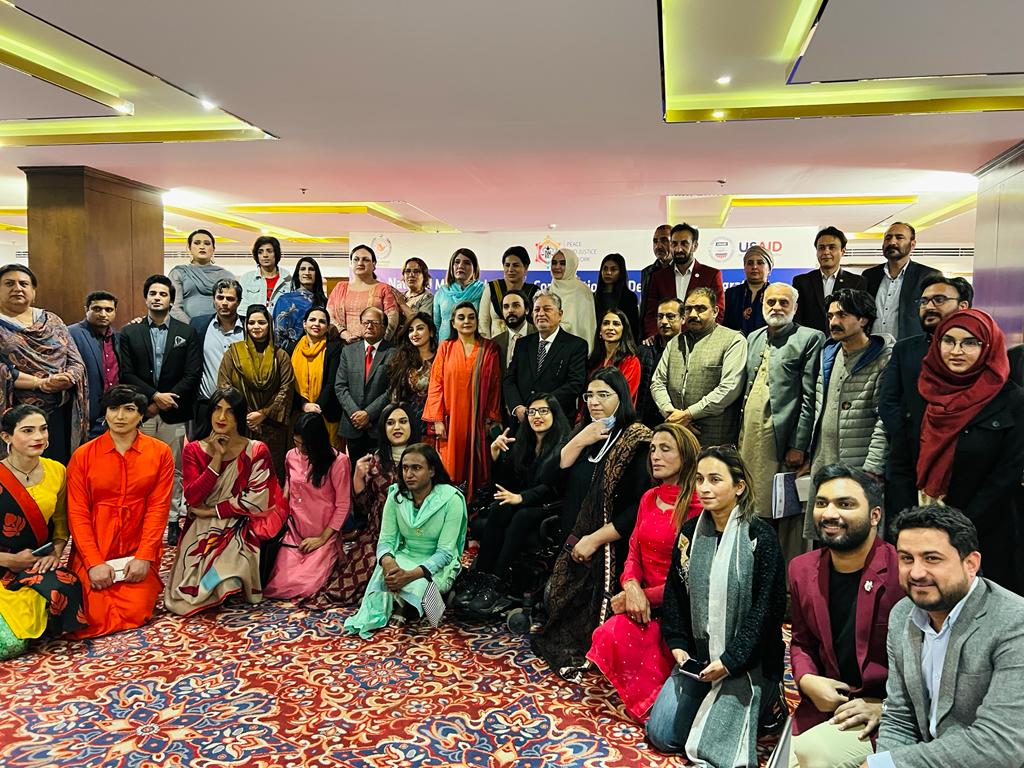
A multi-stakeholder consultation was held on Multi-stakeholders Consultation on Developing Integrated Humanitarian Response for Transgender Community in Floods and Disasters held here on Wednesday.
The event themed Protection, Inclusion and Safeguarding” was organized jointly by National commission for Human Rights (NCHR) and Peace and Justice Network (PJN), a national level organization working for peace, justice, rule law and democracy.
Speaking on the occasion, member Minority, National Commission on Human Rights said that the government is committed to provide margalised segment of society their rights specially Transgender.
Around 3,100 out of 5,700 transgenders have been registered with NADRA while the rest are avoiding it due to the fear of social stigma.
The national consultation was in collaboration with multiple stakeholders such as Government of Pakistan, Parliamentarians, Representatives from UN agencies, Humanitarian organizations, transgender leaders and transgender led organizations as well as human rights activists and large number of civil society representative. This group will deliberate on the policy reforms to make the entire humanitarian response paradigm inclusive of all especially transgender persons.
Nayyab Ali a transgender rights activist has said thatTransgender community in Pakistan faces multiple discriminations and layered oppression mainly due to their gender identity.
This results in gross violations of their human rights by families, communities, government departments, private sector and society at large.
Nayyab also said that Transgender people’s experience is that of extreme social exclusion which translates into increased vulnerability to HIV, other diseases including mental health conditions, limited access to education and employment, and exclusion from opportunities for economic and social advancement.
She stressed on creating awareness to fight social stigma and increasing acceptance and assimilation of transgender community.
In addition, hatred and aggression towards a group of individuals who do not conform to social norms around gender manifest in frequent episodes of extreme violence towards transgender people, which often goes unpunished,she further added.
The situation of transgender people in Pakistan further worsened during emergencies because of preexisting marginalization and exclusion.
Moreover, legal provisions, policy frameworks, humanitarian standards and protection systems which determine who is entitled to protection, aid and assistance are based on normative understandings of gender and end up excluding trans people from these services. Such was the case in the recent flood relief where the common as well as unique needs of transgender people remained a blind spot in humanitarian aid provided by both government and non-government organizations.
Qamar Naseem, Transgender Rights Activist stressed the need to ensur the access to education and financial inclusion to mainstream the transgenders in society.
He said that it should be ensured that the transgender community has got its CNICs with their identification. Similarly, it should also be ensured that they are being facilitated in receiving educational and financial services, he maintained.
Chairperson FOSPAH Kashmala Khan has said that 33 million people deprived of basic needs during the flood situation and Thier would be dire need to provide inclusion ,awerness , advocacy, capacity development with the public private partnership for Trans community.
Transgenders are still facing problems in accessing banking services, she added. She suggested including transgenders in Census survey teams so that they might identify transgender households.
The absence and neglect of transgender community in humanitarian re
underscored the urgent need for the multi-stakeholder consultation which could develop specific policy and operational guidelines related to humanitarian response which could ensure equitable access of trans people to assistance, aid and protection.
A panel discussion to devise a way forward for developing integrated humanitarian response for transgender community were organized as well as findings of four provincial action plans will be shared for devising way forward and advocacy asks urging relevant stakeholders for policy reforms.

